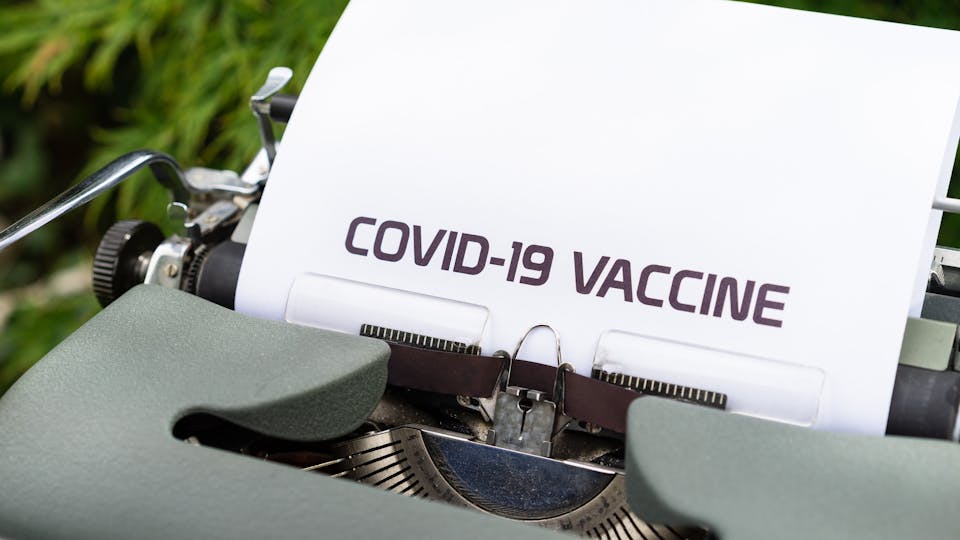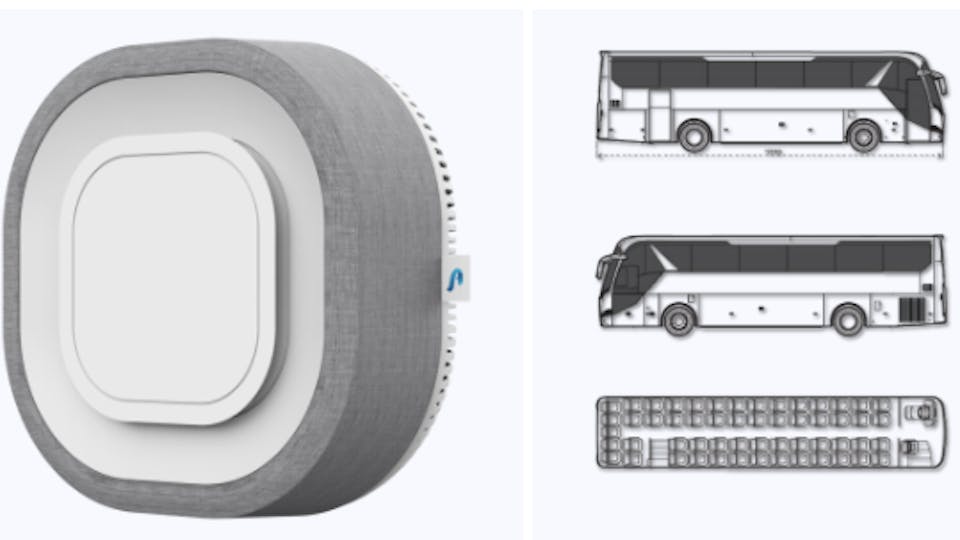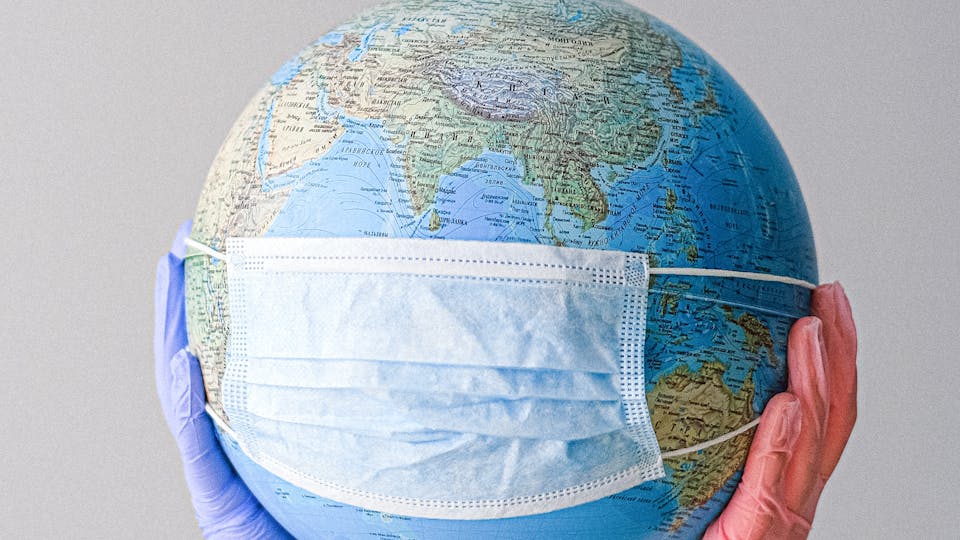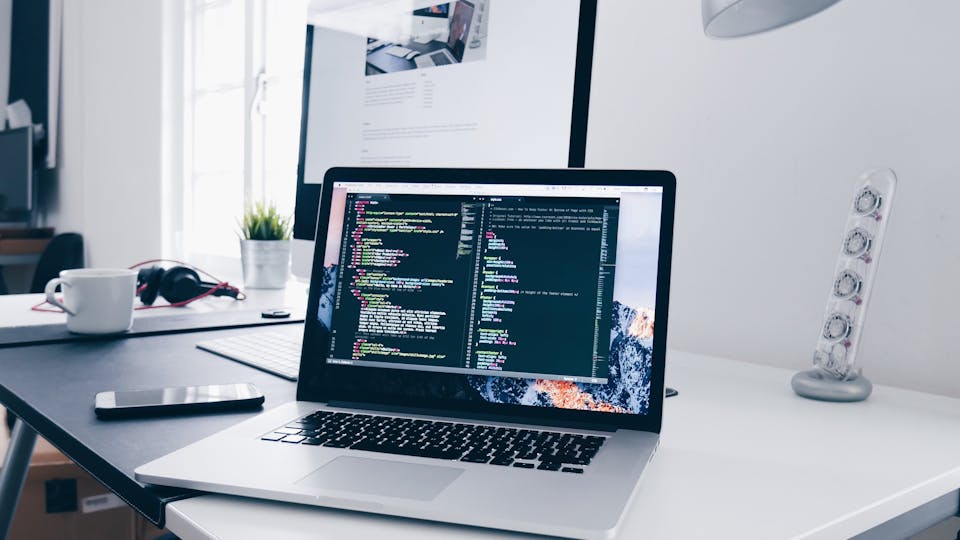6 Ways Israeli Technology Will Help Tourism Make A Comeback Very Soon

Necessity is the mother of invention—and never has the travel industry needed new technology more than now.
When COVID-19 began its global onslaught in the first quarter of 2020, it immediately became apparent the tourism sector was in for a rough ride. Exponential growth, border closures, and a rapidly rising death toll would see leisure travel come to a halt around the world with no resolution in sight.
But now, as we’re slowly learning to adapt, innovative Israeli inventors are discovering new ways to help humanity co-exist with coronavirus. And many of these exciting upcoming technologies could help revive the struggling tourism sector, both in Israel and abroad.
Here are six ways Israeli tech could renew confidence in the tourism industry and help make travel a viable pastime once again.
A COVID-19 Vaccine
A safe and effective COVID-19 vaccine is the Holy Grail for a fast post-pandemic recovery, and Israel is doing its bit to be part of the global push.
Israeli Prime Minister Benjamin Netanyahu ordered the development of a vaccine for SARS CoV-2 back in February 2020 as coronavirus began its rapid spread.
The Israeli Health Ministry and the Helsinki Committee, an international body that evaluates human research, recently gave the Israel Institute for Biological Research (IIBR) approval to begin clinical trials on its new vaccine from November 01, 2020. This exciting news heralds the beginning of the most crucial stage for the home-grown vaccine.
IIBR has prepared 25,000 doses of the vaccine to use over the three distinct phases of human trials. If the vaccine is found to be safe and effective, the institute has plans in place to produce as many as 15 million doses over the coming year.
According to Defense Minister Benny Gantz, IIBR researchers have been working “day and night on this national mission in full cooperation with the Ministry of Health.”
“In this complex period, you are the ‘commando unit,’ paving the way for the citizens of Israel. You took on a mission of international and historical importance. The defense establishment, the Israeli government, and I will continue to provide you with the support and resources required to produce a safe and effective ‘blue-and-white’ vaccine,” the Minister told the No Camels news service.
Israel has already made production agreements with other leading vaccine manufacturers, including the promising Massachusetts-based company Moderna, which began its own clinical trials in July.

Anti-Viral Air Filtration
Because travel in Israel relies on buses as the primary mode of public transport, these enclosed vehicles present a significant hurdle for the country’s tourism revival in the post-COVID era. After all, much like cruise ships, tour buses squeeze dozens of tourists from all corners of the globe in close proximity to one another, each breathing in the same recycled air.
Without adequate preventative measures in place, the tour bus would become a hotbed for COVID-19.
Graciously, a promising solution to this conundrum was uncovered in Israel well before COVID hit its shores. Israeli start-up Aura Air began the research and development stage of its Aura Air Filtration System back in 2017, and had already implemented the technology in various parts of the country before the pandemic began.
Aura Air originally designed its filtration system to eradicate viruses and bacteria in confined spaces, including allergens such as mold. Clinical Trials in Ramat Gan’s Sheba Medical Hospital found it effective at neutralizing dangerous viruses such as Influenza H5N1 and Influenza H1N1. As a result of its initial success, the system has already achieved various air quality certifications: RESET Standard - Healthy Interiors from GIGA, LEED Platinum from the U.S. Green Building Council (USGBC), and WELL Silver from the International Well Building Institute.
For a classic 21st century touch, the system even comes with an accompanying mobile app, in which travelers can compare the air quality inside the bus with that outside.
The device is still in the testing phase to determine how effective it is against COVID-19. Initial results are promising, and the start-up already has plans to expand into markets around the globe.
Some Israeli travel providers are already putting their faith in the exciting new tech by investing in the system. Sar-El Tours were the first to get on board with the idea, installing an Aura Air filter into one of their buses with plans to expand the implementation to their entire internal fleet. “We’re the first tourism company to be adding this filter to the buses, for the safety and enjoyment of our clients.” Sar-El Transportation manager, Rodney Gila, said.

Innovative Face Masks
Masks haven’t always been widely worn in Israel, so when the Ministry of Health mandated their use throughout the country back in April, the population took some time to adapt.
Six months on, however, face masks have become a fixture of everyday Israeli life, causing a demand for new and innovative designs. As the textile industry came to a standstill during the pandemic, Israeli inventors started paying factories to weave their innovative new mask designs instead.
Several exciting designs are in development or have already hit Israeli shelves, offering ordinary citizens the chance to enjoy enhanced comfort, protection, and style.
- The Sticker Mask from Technion uses nanotech technology to add additional anti-viral protection to a standard surgical mask.
- The snorkel-like ViriMASK provides near-perfect protection against micron-size aerosol particles (although perhaps at the cost of aesthetics).
- The Anti Viral Mask from Sonovia mechanically impregnates metal oxide nanoparticles into a fabric to provide 99% protection against COVID-19.
- The Reusable Mask from Technion uses heat to destroy pathogens accumulated in the mask, thus disinfecting it and rendering it safe for reuse.
- The Read My Lips Mask, designed by a high school robotics team in Dimona, uses a fog-proof transparent material to enable people with hearing impairments to lip read.
- The Happy People Mask comes in an array of animal-inspired prints to bring some color and cheer to these challenging times.
Many of these innovative, locally designed masks have already attracted interest from commercial organizations and government bodies in Israel and around the world.

High-Tech Detection
Although improved COVID-19 testing won’t enable us to eradicate the virus completely, it could prove crucial for reviving the world’s decimated tourism industry. And once again, Israel is at the forefront of COVID-19 testing technology, with various cutting edge concepts providing a semblance of hope for the years to come.
One such technology is the 60-second coronavirus test, the brainchild of the Israeli Directorate of Defense Research & Development. While a traditional nasal swab test requires a sample to be sent to a laboratory and a waiting period of several days, this innovative solution uses tera-hertz frequencies to obtain a reading in under one minute. The invention is still in the trial phase, but should it prove effective, it could be used on air travel passengers before allowing them to board. Such rapid testing technology could give governments the confidence to open their borders to COVID-free travelers, throwing a lifeline to their struggling tourism sectors.
Another exciting solution comes from Israeli company NANOSCENT, who had previously invented an artificial nose to detect whether cows were pregnant. Nowadays, the company focuses on adapting the device to sniff out COVID-19, which studies have confirmed emits a distinct odor that’s unperceivable to humans.
Scientists are currently teaching sniffer dogs to detect COVID-19 around the world with some success, but a mechanized system could potentially prove to be far more effective. Sniffer dogs tend to return a large percentage of false-positive results, up to 75% in the case of drug sniffer dogs. The problem is that a dog’s nose, which is approximately 10,000 times more sensitive than that of a human, can detect even the tiniest residual particles. And despite our best efforts, we’re yet to succeed in training a dog to distinguish between trace amounts and a substantial quantity.
NANOSCENT is still tweaking their algorithm to optimize the artificial nose. To date, almost 6,000 samples have been collected, and the results show an impressive accuracy rating of 85%, far out-performing sniffer dogs.
Another potential new tool is thermal imaging technology, which is currently being tweaked by the Israeli tech company Hikvision to detect COVID-19. Body heat scans could identify an individual with a fever from a large crowd, who could then be removed from the area and ordered to isolate at home. Fellow Israeli tech companies HVI Security Solutions and Team 3 are collaborating on the project, which has shown great potential so far.
Meanwhile, Israeli start-up Binah.ai is working on an exciting new smartphone app the entire population could download and use. The program monitors heart rate, respiration rate, oxygen saturation, and mental stress to provide an early indicator of the presence of COVID-19. If deemed potentially positive, the user would immediately seek out the nearest testing clinic and self-isolate until the results are known

A COVID-Resistant Workforce
Until an effective vaccine has been deployed, the travel industry will struggle to operate at the same level it did pre-COVID.
Even when tourists are welcomed across international borders again, the threat of contracting or spreading the deadly disease could prove too offputting for the everyday traveler to bear. The danger would be especially prevalent in crowded indoor areas like airports and hotels, where travelers and staff reside in close quarters with minimal ventilation. Likewise, staffing these services could prove challenging as many customer-facing positions would be deemed too high risk for insurance and liability purposes.
To protect travelers and staff, the Israeli start-up RAFAEL is creating a customer service robot to fill in for traditional travel industry roles. These automated machines will greet flyers at the check-in desk and serve drinks down the aisle after take-off, all without compromising the passenger's health and well-being.
Of course, the solution doesn’t address the most significant threat the travel industry faces: the large-scale loss of tourism sector jobs. However, it could at least provide enough confidence among the public to rekindle the struggling sector and allow die-hard travelers the chance to take to the skies once again.
RAFAEL is already testing the robot in Israeli hospitals to reduce the contact healthcare workers have with infected patients. The company hopes to expand the technology to cover the tourism and hospitality sectors over the coming years.
Harnessing the Power of Ultraviolet Light
There’s been some debate as to whether warm weather mitigates the infectiousness of COVID-19. But one solution that has been clinically proven to eliminate the disease is a high concentration of a particular frequency of ultra-violet (U.V.) light.
The Mayanei Hayeshua Medical Center in Tel Aviv has successfully neutralized COVID-19 in a laboratory setting through U.V. light. Although much more research and refinement are required before the technology can be introduced into society at scale, the good news is that this specific wavelength of U.V. light appears to be non-harmful to humans. Therefore, its application could potentially cover a wide array of indoor areas, particularly those that pose a high threat of COVID-19 infection.
The potential for this U.V. light to combat coronavirus is enormous—it could make gatherings in confined indoor spaces viable once again. If everything goes to plan, museums, restaurants, bars, and other typical tourist attractions could open their doors to hordes of visitors without the risk of spreading COVID-19.

A Brighter Future Through Technology
Although the current global outlook for tourism is bleak, these exciting Israeli inventions could lend hope to a struggling sector. Should some of these promising new technologies prove effective and can be replicated at scale, international travel could finally become viable again.
Israel has long been at the forefront of innovation, with dozens of ingenious home-grown inventions becoming popular worldwide. And in the COVID-19 era, where new technology is so sorely needed, the nation is in a strong position to provide practical solutions that could change the world.